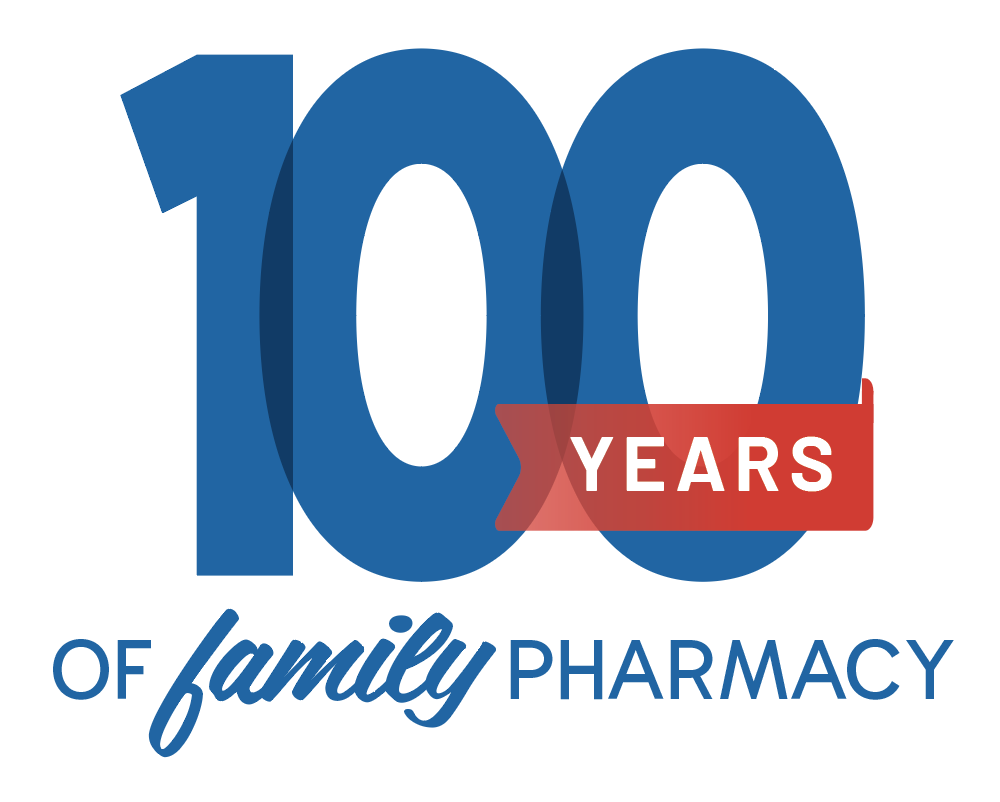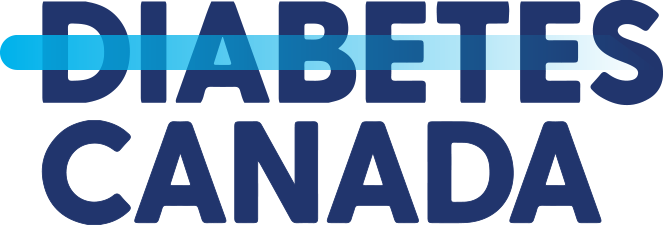We all know that minerals such as calcium are essential to our health. 99% of the calcium in our bodies makes up our bones and teeth, while the other 1% performs other functions such as helping us heal our wounds by clotting the blood at the surface and relaying information through our nervous system.
During childhood, our bodies gain more bone than we lose, and our bones are usually at their strongest between adolescence until our 30s. But by the time we reach our mid-thirties, we start to lose bone faster than we build it. For women, this bone loss speeds up as the body begins to produce less estrogen in perimenopause and menopause. This is because of the important role that estrogen plays in calcium absorption.
The loss of bone can lead to a disease called osteoporosis. This condition occurs when the bones become porous and prone to breaking more easily. While your chances of developing osteoporosis are partly determined by genetics (if your mother or grandmother had it, you would have a higher chance of getting it) as well as by the diet you had as a teenager, there are still steps you can take to slow it down or perhaps even ward it off.
How much calcium do I need in menopause?
It is recommended that women under the age of 50 get at least 1000 mg of calcium a day while women over 50 get 1200 mg of calcium a day. If you can get the recommended amount of calcium in your diet, this is usually best; however, you should speak to your doctor or pharmacist about supplementation if you cannot.
To determine how much calcium you are getting through your diet, Osteoporosis Canada has an online calculator that you can use. And to receive a consultation with one of our women’s health experts at Brant Arts, we require you to do this self-assessment first to gain some insight into how much calcium you are getting on a regular basis.
How can I help my body absorb calcium more easily?
There are a number of things you can do to help your body more easily absorb calcium – whether it be calcium from supplements or calcium from food.
Some of these tips include:
- Take vitamin D with your calcium – vitamin D plays an important role in calcium absorption.
- Take vitamin K2 – preliminary studies are showing that this vitamin is also helpful with calcium absorption.
- Put cream or milk in your tea or coffee – caffeine may have an adverse effect on your body’s ability to absorb calcium. Adding dairy to your tea or coffee helps to offset this.
- Avoid alcohol – while a glass of wine with dinner or a cold beer on the golf course is fine on occasion, regular alcohol consumption can lead to increased calcium loss.
What supplement do you recommend?
Our top-selling calcium supplement is AOR Bone Basics, a complete formulation that includes not only calcium but also vitamins D3 and K2 and a range of other minerals such as magnesium, zinc, and copper.
Can anyone take calcium supplements?
While these supplements are generally safe when used as directed, calcium supplements may interfere with some medications such as antibiotics or medications for blood pressure or osteoporosis. They may also be unsuitable for those with certain medical conditions, including thyroid disorders or cancer. This is why it is so important to speak to your doctor or pharmacist before starting a new supplement.
Contact us today
Do you have questions about menopause or the role of calcium in your diet or supplement regime? If so, contact us today to speak to one of our women’s health experts.











